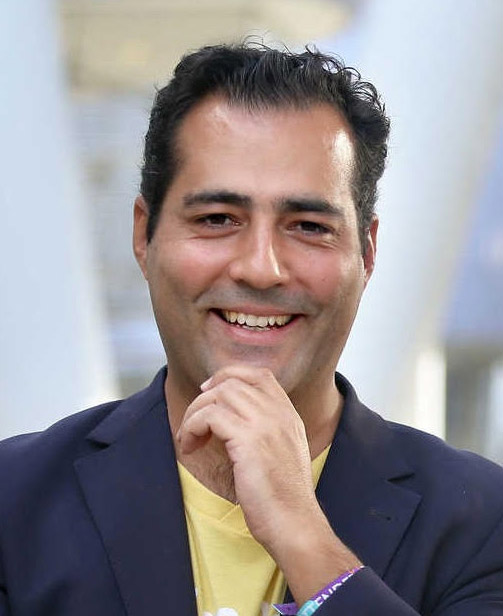
The Importance of Secure and Scalable Hospitality Infrastructure
 By Tom Brown
By Tom Brown
When a guest walks into your hotel, they expect a seamless experience. The check-in should be quick, their key should work instantly, and payments should just happen. None of that is possible without the right infrastructure – and most of the time, when it’s working perfectly, no one notices it.









